News
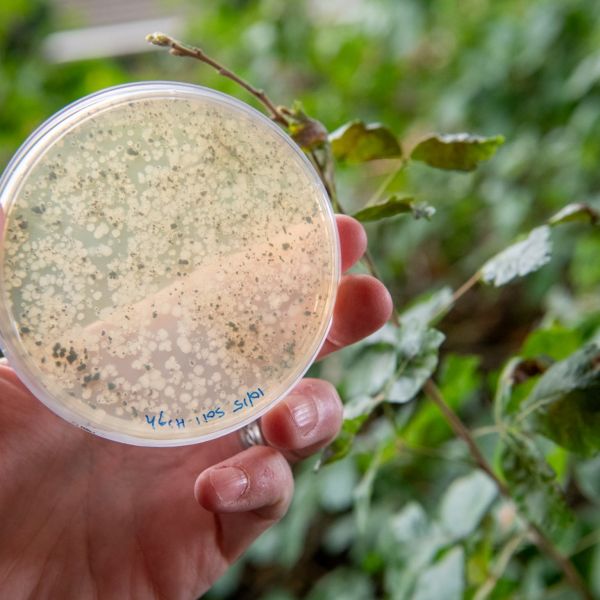
Nov 15, 2024
Q&A: How do microbiomes influence the study of life?
Microorganisms — bacteria, viruses and other tiny life forms — may drive biological variation in visible life as much, if not more, than genetic mutations, creating new lineages and even new species of animals and plants, according to Seth Bordenstein, director of Penn State’s One Health Microbiome Center within the Huck Institutes of the Life Sciences.
Full Article

Oct 30, 2024
Kantor appointed to the executive board of the Society of Nematologists
Mihail Kantor, assistant research professor of nematology, has been appointed to the executive board of the Society of Nematologists (SON). A nonprofit, international organization dedicated to advancing the science of nematology in its fundamental and economic aspects, SON is the highest professional organization for nematology and fosters knowledge across all areas of nematology.
Full Article
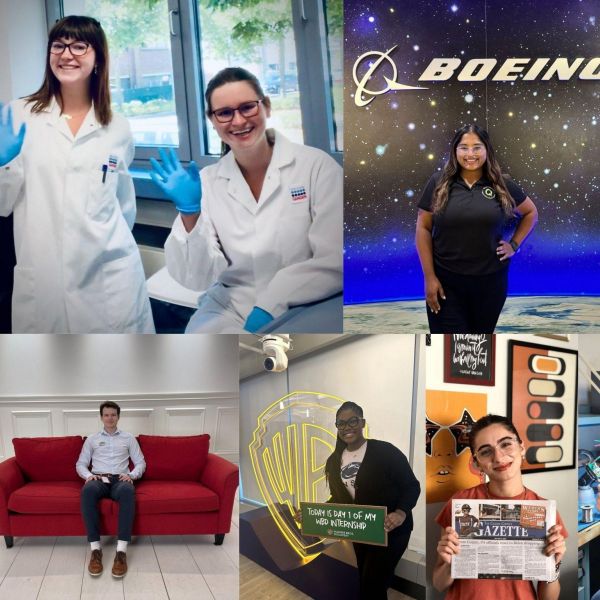
Oct 02, 2024
In photos: Internships prepare students for career success
The following photo gallery showcases a few of the numerous internship opportunities that Penn State students from various colleges and campuses can pursue.
Full Article

Oct 01, 2024
One Health Microbiome Center launches new video series
The Penn State One Health Microbiome Center (OHMC) announced the launch of a new video series highlighting the center's state-of-the-art resources, research capabilities and collaborative efforts in microbiome sciences.
Full Article

Sep 26, 2024
Plant scientist named Huck Early Career Chair in Microbial Community Ecology
Francisco Dini-Andreote, assistant professor of plant science in the College of Agricultural Sciences at Penn State, has been awarded the Dorothy Foehr Huck and J. Lloyd Huck Early Career Chair in Microbial Community Ecology.
Full Article
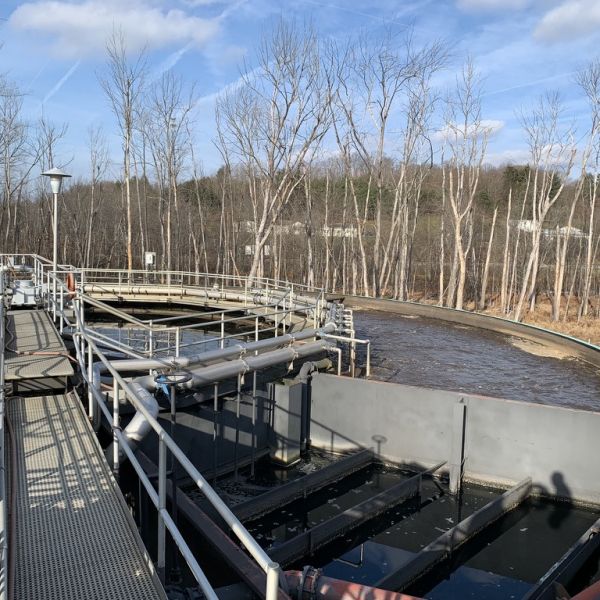
Sep 20, 2024
Wastewater monitoring can detect foodborne illness, researchers find
Results of a new study suggest sewage monitoring could provide early warning of foodborne disease outbreaks to public health authorities
Full Article

Sep 17, 2024
Food science researcher receives early career award
Jasna Kovac, associate professor and Lester Earl and Veronica Casida Career Development Professor of Food Safety in Penn State’s College of Agricultural Sciences, has been selected to receive the 2025 Award for Early Career Environmental Research by the American Society for Microbiology.
Full Article
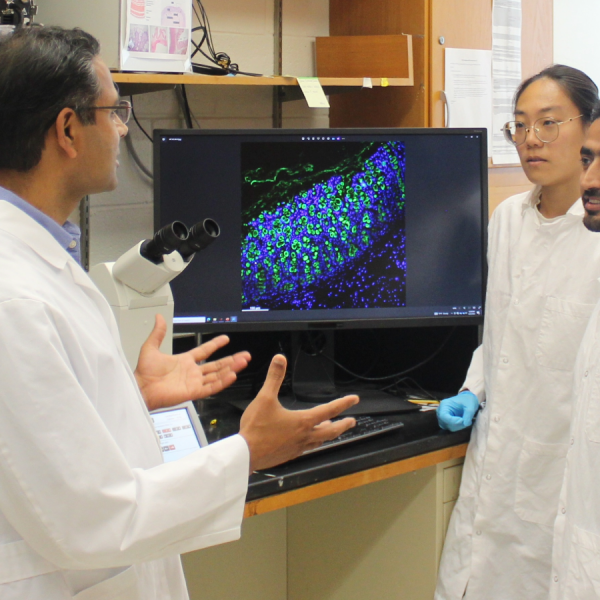
Sep 13, 2024
Refined dietary fiber may increase risk for inflammatory bowel disease
New research in mice suggests that guar gum powder — a common dietary fiber additive used in processed foods — may negatively change gut microbiome and increase risk of developing inflammatory bowel disease.
Full Article

Aug 29, 2024
Research teams receive $1.1 million to study microbiomes in agriculture
Two Penn State-led research teams have received funding from the U.S. Department of Agriculture’s National Institute of Food and Agriculture for projects investigating the ways microbiomes — the microorganisms in a particular environment, such as in soil or a living organism — can affect disease dynamics in agriculture.
Full Article
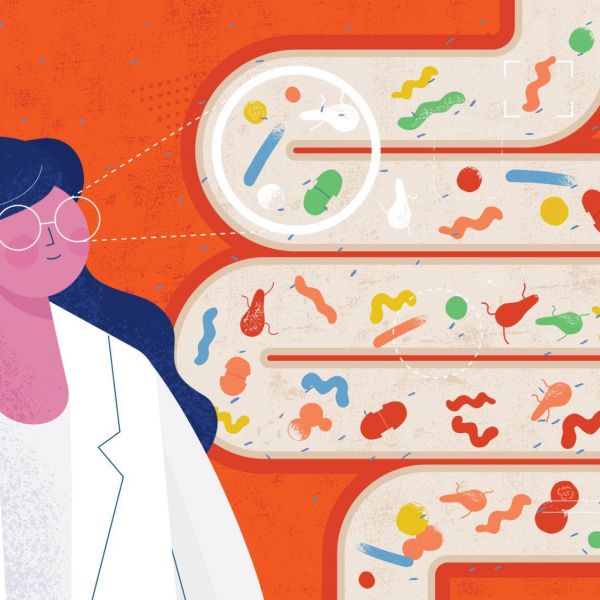
Aug 14, 2024
Early life exposure to common chemical permanently disrupts gut microbiome
Early life exposure to "forever chemicals" in the environment permanently disrupts the gut microbiome in mice, contributing to the development of metabolic disease in later life, according to a new study led by Penn State researchers. The results suggest that human exposure to these chemicals during early childhood may be contributing to the recent epidemic of metabolic disorders, including obesity and Type 2 diabetes among adults.
Full Article